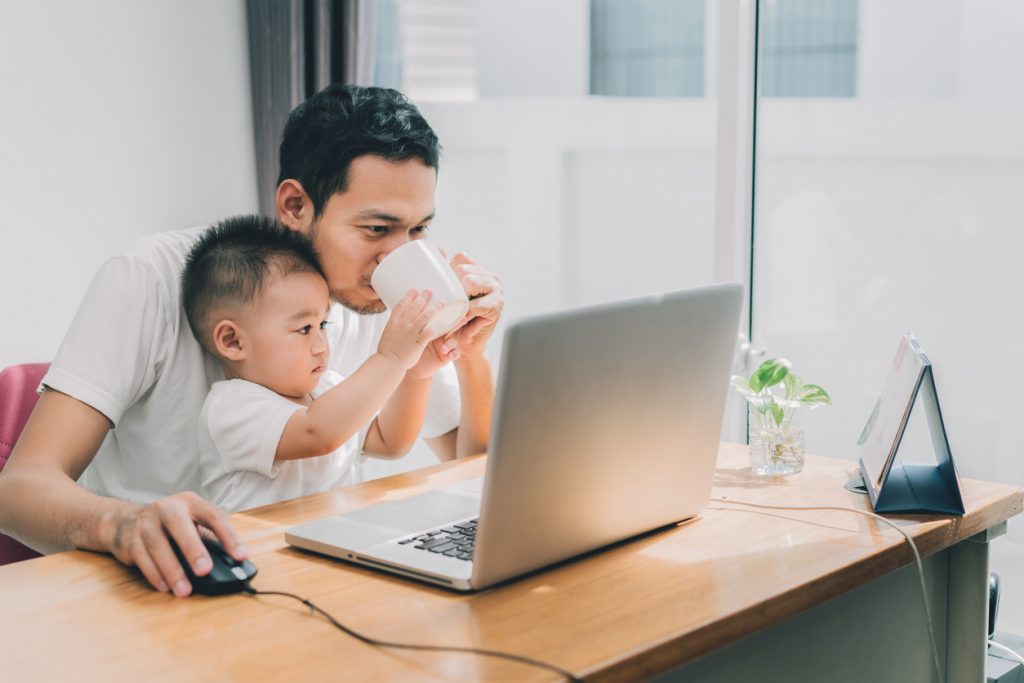Researchers at the Centers for Disease Control and Prevention (CDC) in the United States have found that working from home during the pandemic significantly reduces the risk of catching COVID-19. Unfortunately, the option to work remotely is available only to the more educated wealthier segment of society, with many among the less privileged workers having no such choice. While the white-collar class were able to work from home, those in essential services had to undertake work outside their homes. The burden of these class differences was seen to fall along racial and economic lines.
The CDC study found that of the 250 workers who reported on their status during the two weeks before getting COVID-19, those who worked outside their homes were significantly more likely to fall ill, than those who worked remotely at least part of the time. The percentage who had been able to telework either full- or part-time was lower among patients who tested positive for COVID-19 (35%).
The study also found that while a specific class among the essential workforce, namely medical personnel, were provided with adequate PPE (personal protective equipment), this protection was not available to many other essential workers.
Commenting on the study, one social worker said the divide between those at more and less at risk for COVID-19 reflected the broad inequalities in society. This inequality represented the kind of structures and systems of power that already privileged white workers have over disadvantaged non-white and lower-paid workers, said the worker.
Essential workers include doctors, nurses, police officers and firefighters, but it is also important to consider others who provide much-needed services, including grocery workers, delivery people, garbage collectors, cleaners and many others.
They too are part of our essential infrastructure, and without them our society would soon grind to a very disturbing halt. Just recognizing and applauding these workers is not enough, we need to ensure they too have adequate protective gear and access to health benefits.

